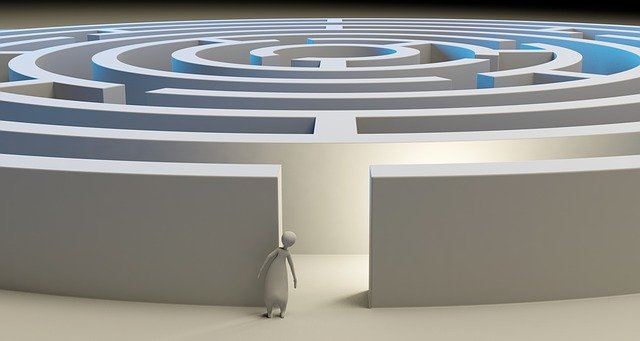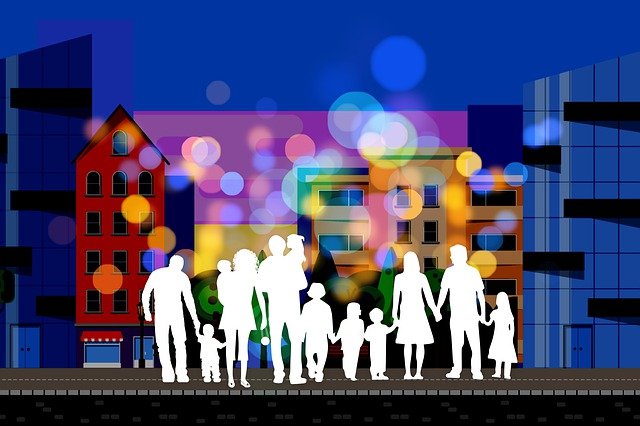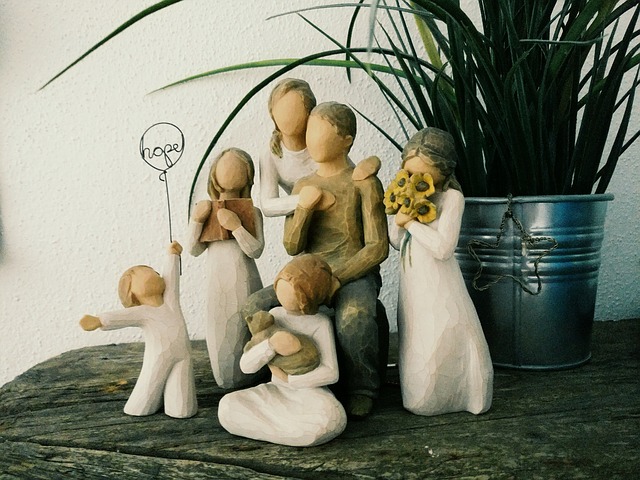Part III – “Fight” or “Flight”, Dominik v. Eynern

Part III – “Fight” or “Flight”
How you Respond to Crisis Determines Your Rate of Success
(This article Part III of a three-part series. It based on a seminal paper entitled “Intertemporal Cooperative Choices in Business Families”, by Dominik v. Eynern & Doris Sommavilla.)
As mentioned in Part I, the threat that motivated cooperation is initially existential, but there is also the social threat based on social comparison – the threat of losing the privilege of social connection, or the fear of being rejected or judged by them. The human brain tends to avoid pain of any sort. is your response “fight” or “flight”?
Keep in mind, we are only at the stage of perceived threat of judgement. And, our accuracy is poor, because it is based on our theory of what is going on in their minds. These are all simply untested assumptions.
This propensity to cooperate based on social emotions changes when all the basic needs (physiological, psychological and belonging needs, Part II) have been satisfied and were deemed rewarding. Once a person feels more in control, they fall into another category –
Risk taking
When a person was in the “primitive hunting” phase, his cooperation was spontaneous under conditions of low reflection and intuitive decision-making. Once the subject is capable of reflection (he is economically and socially comfortable), the cooperative behaviour is reduced. Therefore, consistent, cooperative behaviour is not likely to be sustainable over time.
What guides us in risk-taking decisions is not the probability of success-reward or failure-punishment, but our evaluation of the probability. We systematically put a higher weight on lower probabilities.
Overconfidence is the overestimate of the probability of achieving one’s goals. It is a result of presumptuous belief in one’s abilities, and is reflected in the ‘hope of winning’. This is all connected to high dopamine sensitivity.
Do you ‘expect’ to become a millionaire or billionaire? Do you have the formal and material abilities to make this attainment reasonably possible? Or, are you expecting that the creation and sale of your widget will make it so?
Dopamine isn’t released with the attainment of the goal – it is released through the expectation and the perceived uncertainty of the reward. The higher the uncertainty (risk), the higher the dopamine levels in anticipation.
The “pay-off” comes before the reward.
The ‘Seeking’ System
Our primary urges emerge from the error-detection center of the brain (Anterior Cingulate Cortex). This is connected to the emotional system and cognitive system (treated as one) and is activated in conflicts (obviously, within a conflict there is an error present).
The error-detection center and the emotional/cognitive systems elicit compensation strategies.
This reward system is responsible for goal directed behaviour; it incites emotions like ‘anticipation’ which drives us towards action – to explore choice options.
Persons go through three distinct but interdependent stages of motivational behaviour; Seeking safety with significant others which predicts a social reward; conditionally learned behaviours through incentive learning to alleviate a non-harmonic state (‘cooperate’ stage); and now, the ‘hatch a plan’, cognitive, risk-taking stage.
The cognitive process assesses the probability of success and failure in terms of reward and punishment. The evaluation of the outcome occurs through a difference between expected – versus – experienced outcomes, and deviations from these expectations act as error and learning signals. However – when expectations are exceeded, we feel only a 1-time reward, but when expectations are frustrated, we feel 2 times punished (see Part I; see also Daniel Kahneman, Prospect Theory – Loss & Gain Evaluation).
The Reward
The duration of the reward-feeling depends on how the reward is delivered. Intrinsic rewards like personal satisfaction (value-based) lasts longer than money and status. This is why Maslow’s pyramid in Part II does not reflect a currency symbol on top, but instead states, “Self-Actualisation”.
This three levels of this seeking system also apply to social processes. Frustrated expectations and unfair treatment by the defective behaviour of others may be the results of prediction errors. Therefore, the initially predicted reward has not occurred. This requires either the improvement of the prediction-process or searching out an alternative behavioural strategy, perhaps one with more altruistic goals. Leaving the family to ‘punish’ them, even if at our own expense, stimulates the reward system in our brain and allows us to pursue a more reward-predicting activity.
Remember, it is not about having the reward but the anticipation of the reward. It’s like enjoying the cake before actually eating it. The event has already been half-enjoyed before it even takes place, and this “downregulation” (Behave: The Biology of Humans at Our Best and Worst, Robert M. Sapolsky, Vintage) of the reward stimulus drives us to increased efforts to get the desired reward once more.
The degree of perceived uncertainty and size of the anticipated reward in combination with a high sensitivity to dopamine can lead to excessive risk taking.
On the other hand, if there is no longer any challenges, or if a family member no longer has a socially rewarding relationship with the family or feels treated unfairly, the error-detection system triggers the urge to find reward elsewhere.
He goes back to “stage 1” with the same objective – but a different narrative.
Footnote:
Primitive Hunting Phase: The following facts where revealed in experiments (behavioural game theory). In general, the propensity to socialise and cooperate is innate as it increases the probability of survival as an individual since ancient times
Edited by Sarah Gildea, April, 2020










